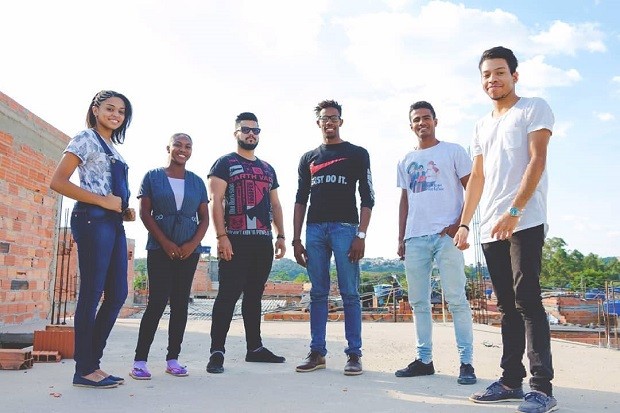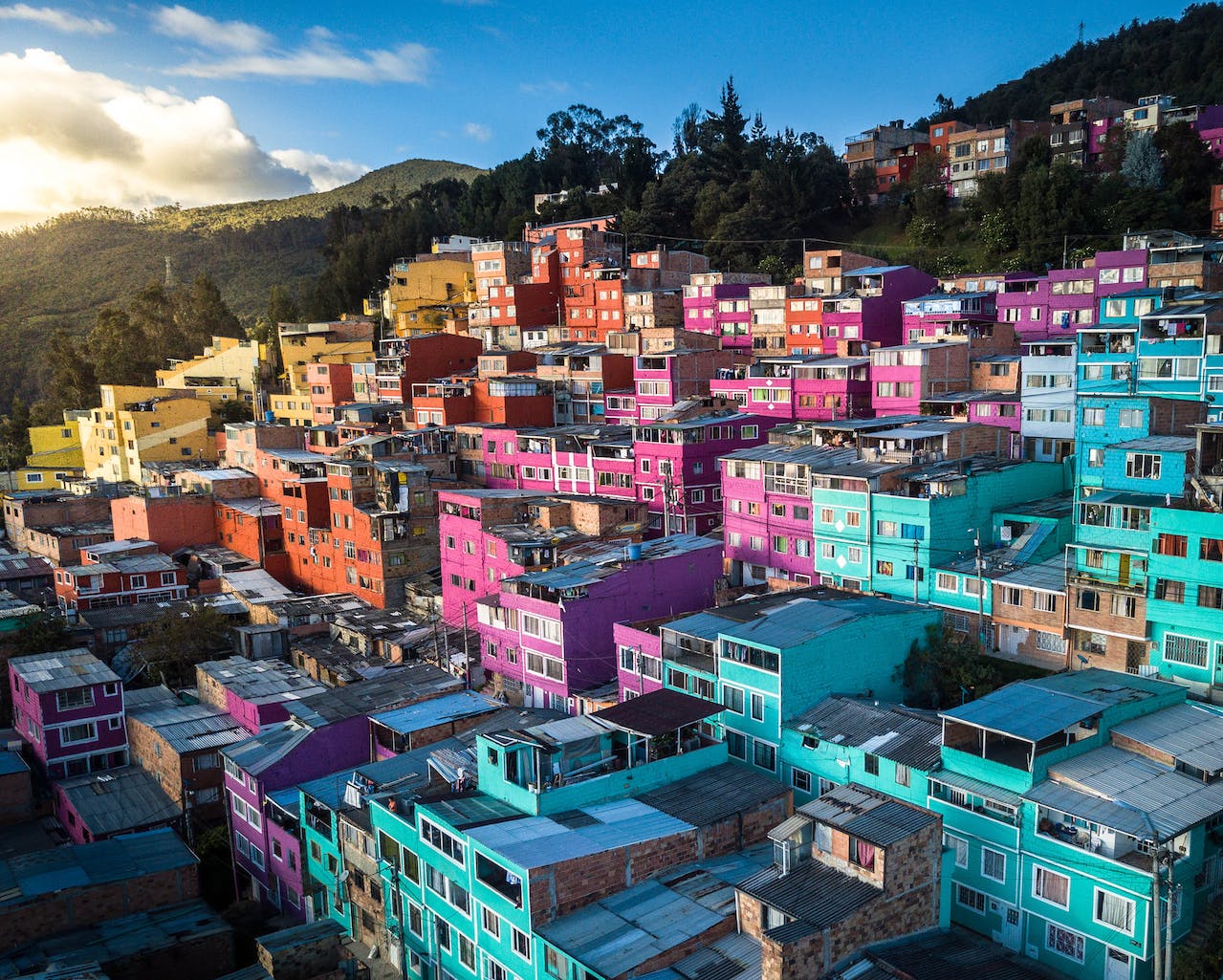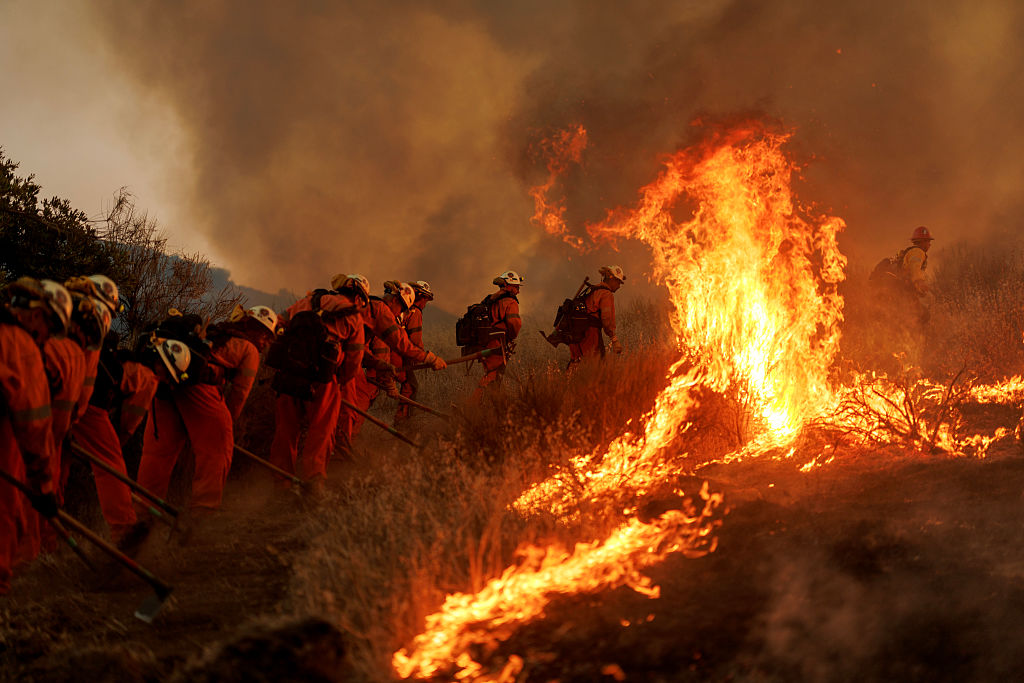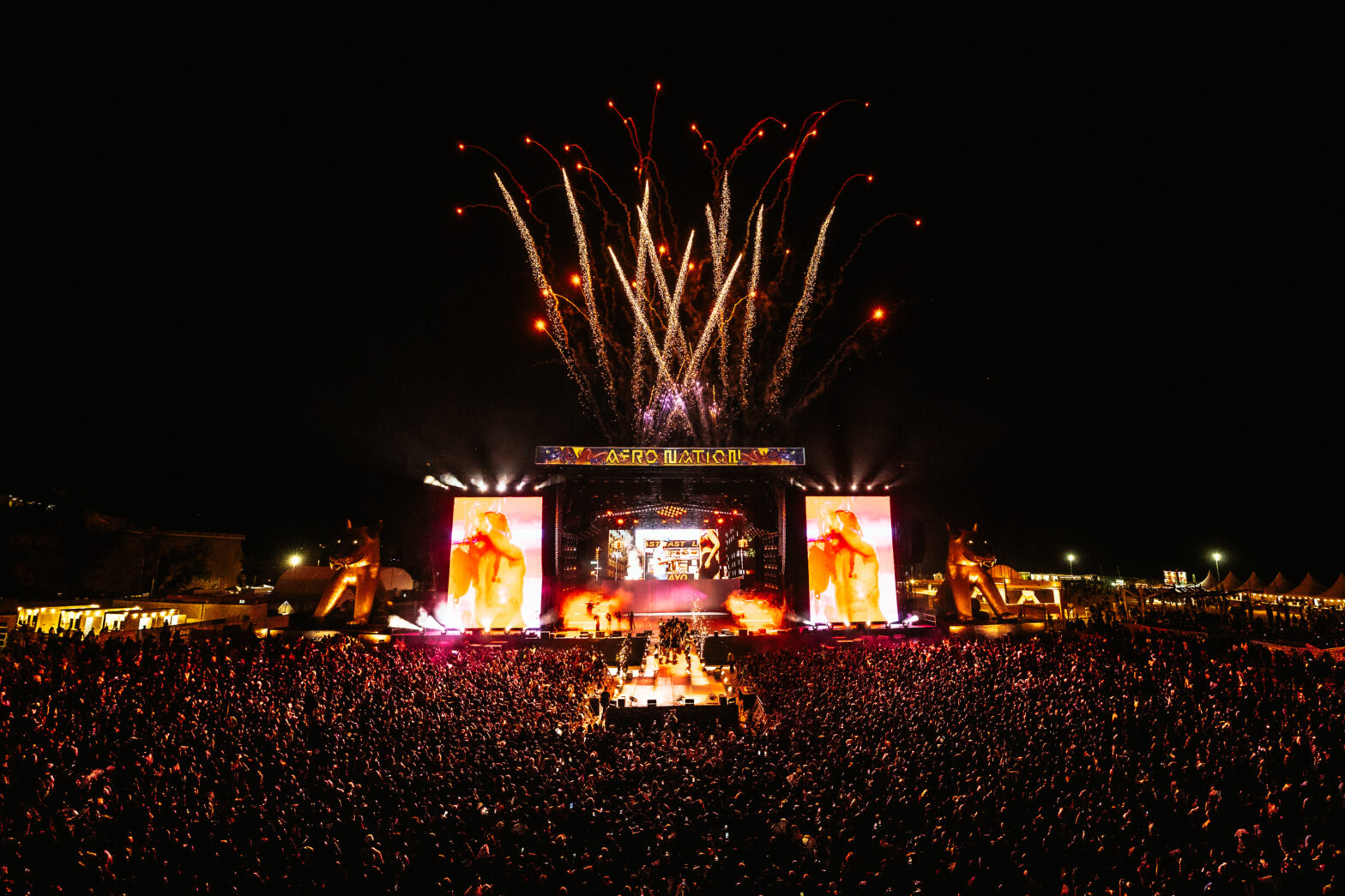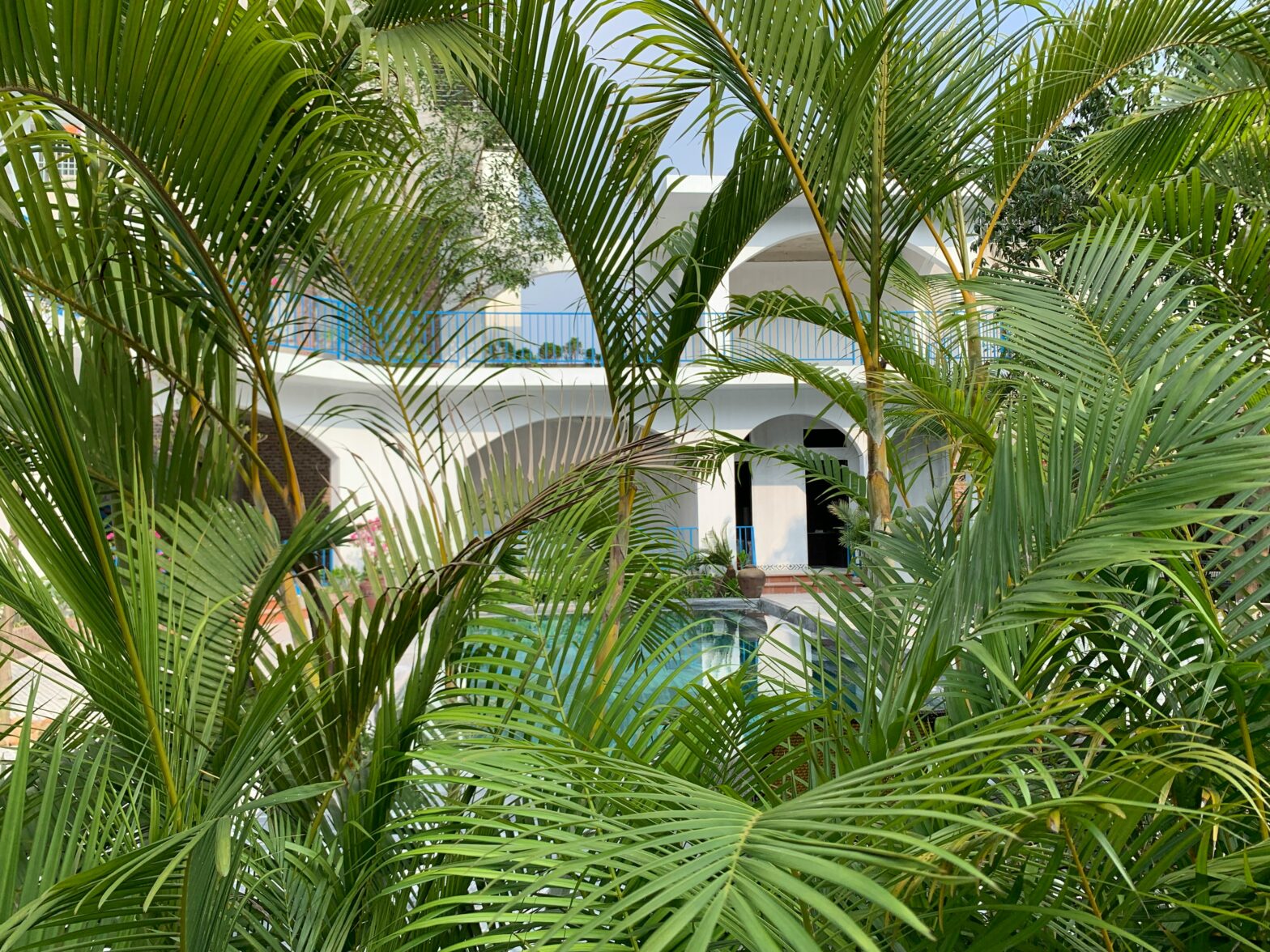Brazil is not an English-speaking country, and usually, only the upper-middle class is able to afford foreign language courses. But, two young Afro-Brazilians want to change that with the creation of an English course in Brazil’s favelas (Brazilian slums).
Around 56 percent of Brazilians identify as Black—the largest population of African descent outside of Africa—yet Black people make up 75.2 percent of the population with the lowest revenues. In fact, running an English course in Brazil’s favelas, where most Black Brazilians live, is a challenge that Diogo Bezerra da Silva, 27, and Diego Ramos, 26, accepted.
They are the founders of Personal Language Trainer 4way (PLT 4way), a business dedicated to teaching English and make Brazilian favelas bilingual. Also, they intend to increase work opportunities for Afro-Brazilians in many sectors such as tourism.
After returning from a 2-year volunteer experience in Portugal— where he learned to speak English— Ramos got new opportunities and even tripled his salary, because of his ability to speak English.
Knowing that many young people in favelas did not have the same opportunity to learn English as he did, and aware that traditional language schools were far from the reality of these young people, Ramos with his friend Silva decided to create 4Way.
“People are attracted to 4Way because of the revolutionary process that it brings. During its 5 years of operation, 4way has served more than 1,000 students.” Diogo Bezerra told Travel Noire.
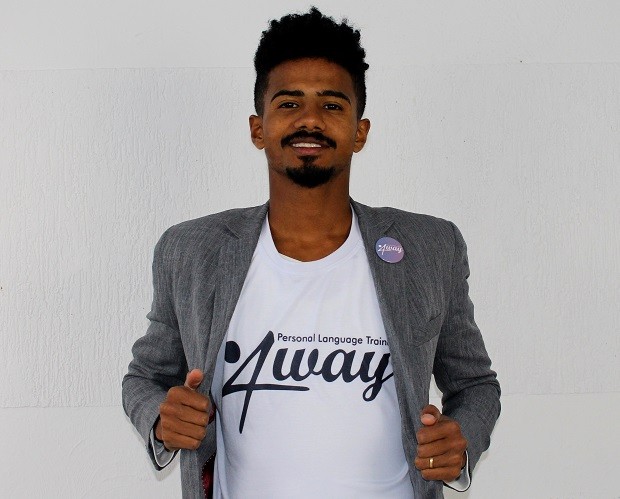
The beginning was not easy. Without an office or money to rent spaces, the entrepreneurs decided to take the first few students to the shopping malls in São Paulo.
“The place was perfect because you could teach the language by pointing to examples of things from their reality, in the food court or in stores,” he explains.
Step-by-step, 4Way increased its expansion process, and they opened their own space to receive students. And then, Ramos and Silva reached other favelas around Brazil through the internet.
“In the beginning, with face-to-face work, 4Way served communities in the areas of São Paulo. With the expansion to the online educational system, the school has reached communities in several states in Brazil, such as Bahia, Minas Gerais, Santa Catarina, Maranhão,” said Silva.
“4way was created to give opportunities. In Brazil, we notice a huge social inequality between Blacks and whites. It’s not a coincidence. For centuries, Afro-Brazilians have been deprived of proper education. We want to start reversing this scenario in some way. The 4Way story is a revolutionary story. Mastering the English language enables better jobs, better understanding of the world, cultural enrichment and traveling.”
The pandemic was a big problem for the business, Silva says.
“We had a big drop in students, from almost 100 students down to 30, and we almost had to finish our activities. But the difficulties also created opportunities, and because of the quarantine we migrated our business to 100% online and with that, we were able to expand our reach on a national scale, bringing students from Black communities all over Brazil. Today, we continue to grow. We want to bring more impact in the favelas and impoverished neighborhoods.”
